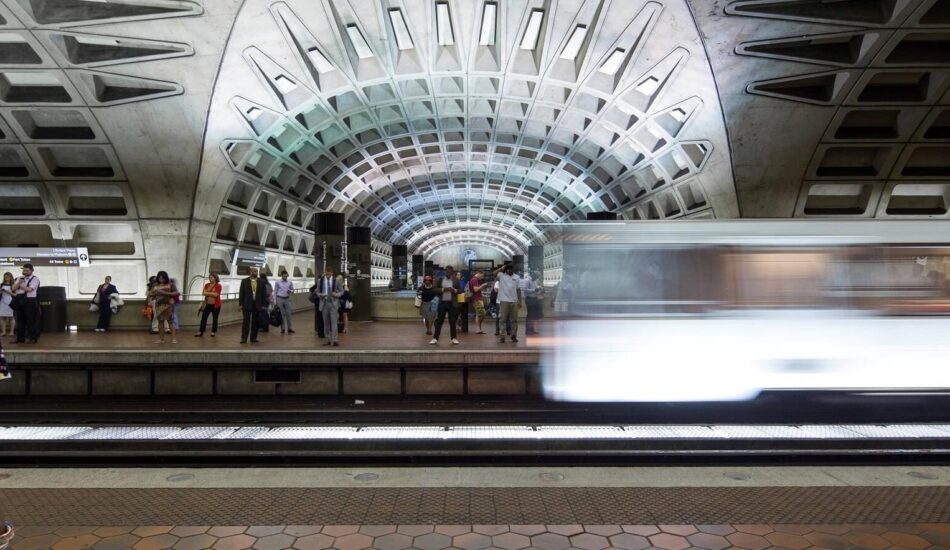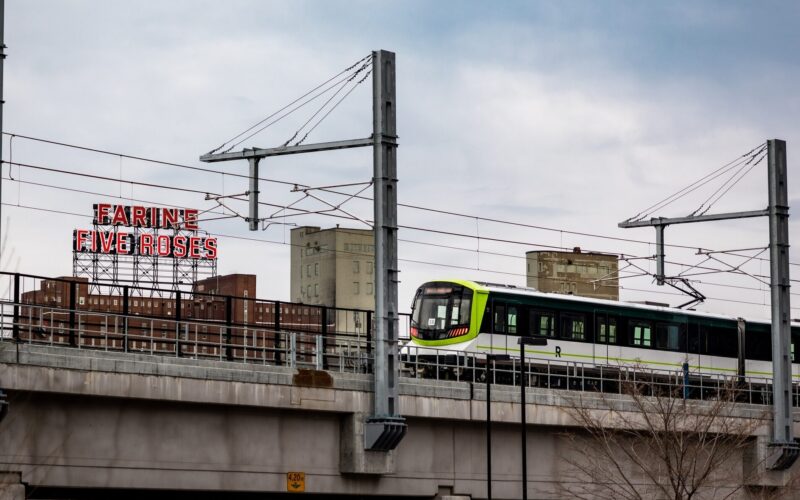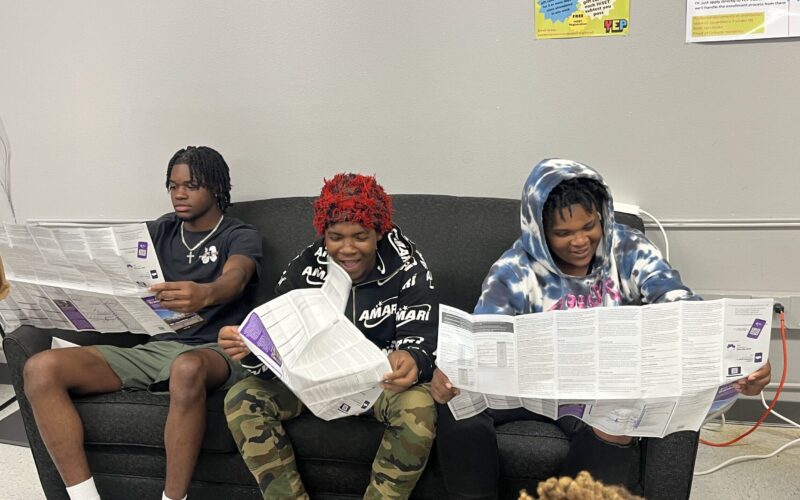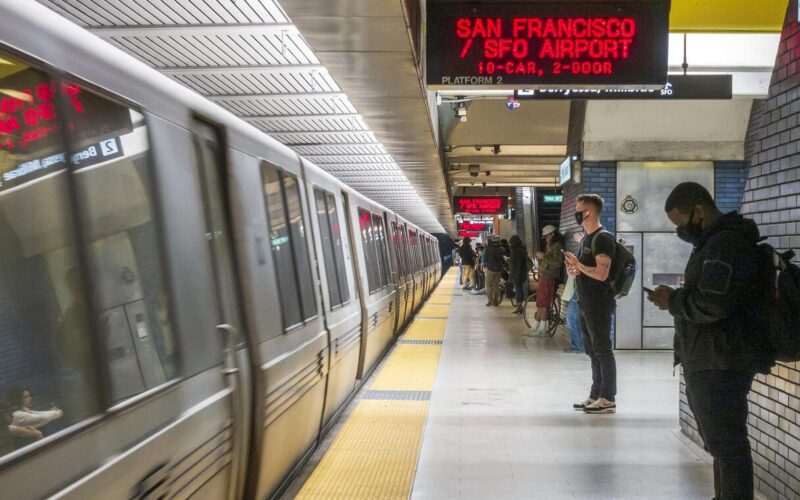The experience of being a WMATA rider has substantially improved over the last 18 months, thanks to changes the agency has made like adding off-peak service and simplifying fares. Things are about to get even better with the launch of all-door boarding later this fall, overnight bus service on some lines starting in December, and an ambitious plan to redesign the Metrobus network. But all of this could go away by July 1, 2024.
Read MoreWhy is it so difficult to build subway and light rail projects in America? Every week there’s a new story about an American transit project that is behind schedule, over budget, or “paused”. Montreal’s Réseau express métropolitain (REM) stands out as a recent North American project that has begun to address some of the challenges that have foiled so many others. What is REM getting right that other projects aren’t?
Read MoreMost transit agencies rely on fare revenue to fund operations, meaning many are forced into the position of needing to collect fares from the people who can least afford it. To change this paradigm, advocates across the country are fighting for - and winning - programs that allow agencies to zero out fares for youth, removing one of the largest barriers to youth ridership.
Read MoreThanks to the persistent work of local transit advocates, LA Metro is laying down 30 miles of bus lanes in 2023, pushing the total number of bus lanes in LA County to 40 miles.
Read MoreTwo new reports investigate funding alternatives.
Read MoreThis post was written by Catherina Gioino In 2021, exhausted Bay Area girls brought their lived experiences of sexual harassment...
Read MoreTransit advocates, organizers, and riders are calling on local and state agencies along with the USDOT to advance projects designed to improve the mobility of Black and Brown individuals at a time when there is unprecedented funding and an equitable framework to transform transportation infrastructure, support the climate, and right historic injustices.
Read MoreThe TransitCenter Board of Trustees is thrilled to announce the appointment of Stephanie Lotshaw as our next Executive Director. Stephanie was approved unanimously by the board and will begin her tenure on October 2, 2023.
Read MoreNew drug testing rules from the USDOT could make it easier for transit agencies to recruit more operators - but only if they implement the rule.
Read MoreA major legislative accomplishment in Minnesota exhibits the political clout of coordinated efforts between transit and climate advocates.
Read MoreThe Massachusetts Bay Transportation Authority and its union, Carmen’s Local 589, reached a historic agreement to increase bus operators' starting wages from $22.21 to $30 an hour, shifting MBTA operators from the lowest paid to the highest paid in the transportation industry.
Read MoreSebastian Petty and Laura Tolkoff from SPUR - a Bay-Area research and policy nonprofit - break down what's contained in Governor Newsom's 2023-2024 budget and what it means for California transit riders.
Read More










